Sergey Bagapsh will remain in the history of the modern Abkhaz state as its leader, under whose rule Russia and a number of other countries recognized the independence of the Republic.
Arifa Kapba
Sergey Bagapsh was born on March 4, 1949 in Sukhum in the family of Vasily and Susanna Bagapsh. It was a simple and hospitable Abkhaz family: here they always welcomed guests. It is known from family history that Sergey's great-grandfather was one of the few who managed to return home after the forced relocation of Abkhaz in the 19th century, and his grandfather later chose the village of Dzhgerda as his residence - Sergey Vasilyevich loved this place very much later. He himself was born in Sukhum, graduated from Sukhum School No. 10 and entered the Georgian Institute of Agriculture (GISKh). From his youth, Bagapsh played basketball, played this game superbly and even was the captain of the Abkhaz national basketball team.
Youth, career and Georgian “carrot”
Sergey Bagapsh’s rapid career began as a young man in various Komsomol and party organizations. In 1978, he was appointed head of the information sector of the Central Committee of the Komsomol of Georgia (Central Committee of the Leninist Communist Youth Union - ed.), as well as the head of the department of working and rural youth of the Central Committee of the Youth of Georgia. It was then, or rather, even earlier, in 1976, Bagapsh met one of his closest friends and a person with whom they would work side by side throughout their lives - Nuzgar Ashuba (ex-speaker of the Abkhaz Parliament - ed.).
At the end of the 1970s, they were together in Tbilisi and, according to Ashuba’s recollections, at the same time they encountered a kind of “party practice”.
“There was no oppression, quite the contrary: we (Abkhaz - ed.) were well-regarded, recalls Nuzgar Ashuba. Young Georgians who worked there with us have been waiting for apartments for decades, and we were almost forcibly given, [we] refused several times. Shevardnadze (Eduard Shevardnadze - Georgian politician and President of Georgia in 1995-2003 - ed.) was already the first Secretary of the Central Committee of the Communist Party of Georgia. I know that many times Sergey Vasilyevich visited his office, just as me. He could even call him eloquently and invite for a cup of tea. There they tried to convince us of something etc. It was a far-reaching policy of Georgia, from the part of the “carrot”.
Party secretary driving a tractor
In 1982, 34-year-old Sergey Bagapsh was elected First Secretary of the Ochamchira District Party Committee: he inherited one of the largest districts of Abkhazia. Speaking about Sergey Bagapsh’s responsibility at this place, Nuzgar Ashuba cites as an example a case at that place. “Then they heavily controlled dead time of carriages at the stations, he recalls. - I came to Ochamchira once and asked where Bagapsh was, and they told me [that] he was at the station. I went there and found Sergey Vasilyevich, who undertook to do the work of a slinger - a person who clings the lines to a load.”
Bagapsh generally respected physical labor and simply adored agricultural machinery (the second President of Abkhazia had a degree in agronomy - ed.). In his free time, in his native village of Dzhgerda, he was very happy to help his neighbors to clean corn fields while driving a tractor.
He was treated with great warmth by all the neighbors, who often gathered in his yard under a large shed, were treated, communicated, and enjoyed his hospitality. Many of those who knew Sergey Vasilyevich well say that he was really close to ordinary people, he could easily talk to a peasant and an official, respecting the dignity of both.
In the very first days of the Patriotic War of the people of Abkhazia, Sergey Bagapsh (then - first Deputy Chairman of the Council of Ministers of Abkhazia - ed.) stayed in Sukhum in order to facilitate the safe eviction of people from the city.
After Sergey Bagapsh was sent to Moscow, from where he was engaged in the supply of weapons and other necessary assistance to Abkhazia.
After the war, in 1995, the first President of Abkhazia, Vladislav Ardzinba, appointed Sergey Bagapsh first Deputy Prime Minister of the Republic, and from 1997 to 1999, Bagapsh held the premiership. Then, for the first time after the war, the citizens of Abkhazia began to receive a small salary, and the budget of the Republic was formed.
“Shuttle diplomacy” of the second President
At the first in the modern history of Abkhazia alternative presidential elections in 2004, the victory was gained by Sergey Bagapsh, who was a candidate from the united opposition. The results of the voting raised doubts among the opponents, and Bagapsh agreed to repeat elections, as the society almost reached the dangerous line of confrontation. In 2005, repeated elections were held, in which Sergey Bagapsh stood in tandem with Raul Khadzhimba (Bagapsh was running for president, and Khadzhimba for vice-president - ed.). So in January 2005, Bagapsh was elected President, and Khadzhimba became Vice President.
The times of Sergey Bagapsh’s presidency are called by many the “shuttle diplomacy” era. Bagapsh traveled so often outside the Republic and was so involved in building contacts that the Abkhaz even had an anecdote: “The President of Abkhazia arrived in Abkhazia on a short visit.”
“He had an amazing quality to get along with people,” states Nugzar Ashuba, who during the Bagapsh presidency served as Chairman of the National Assembly of the Republic. - Sergey Vasilyevich had amazing relations with many Russian ministers: even those who initially treated him aloofly, succumbing to his charisma and good attitude, quickly became his friends and partners. Thanks to a good personal relationship, he often managed to solve questions “by phone”. Often, the President’s opponents reduced Bagapsh’s achievements to the phrase “he’s a lucky guy,” but to always be lucky, you have to work a lot.”
According to Ashuba, the “shuttle” policy of Bagapsh, his constant trips to Moscow, led to the fact that from 2006, financial aid flows began to officially come to Abkhazia. Like no one else, Bagapsh understood that the doors would not open unless they were knocked on. And they opened: in Russia, the Abkhaz leader had a good reputation, he was respected.
70 interviews in two weeks
This attitude was greatly facilitated by the fact that Sergey Vasilievich never refused to be interviewed by any journalist, any edition, he always treated media with great attention. Thus, on the eve of recognition of independence of the Republic, Abkhazia had a powerful lobby in the Russian press.
The work with Bagapsh and the attitude of the second President of Abkhazia to the media is recalled by the journalist Alkhas Cholokua, who since 2005 has served as deputy chairman of the media communications department under the President of Abkhazia: “Sergey Vasilyevich understood the importance of the media. This was especially evident in the period preceding the recognition of Abkhazia, when the Republic was in the center of attention not only of Russian, but also of foreign media. We were visited by journalists from Europe, from far abroad, from America, very authoritative agencies, large television stations. If we recall the events in the Kodor Gorge (military operation of the Russian and Abkhaz troops to liberate the Kodor Gorge during the armed conflict in South Ossetia in 2008 - ed.), when the Commander-in-Chief was extremely busy, held meetings with the military, gave personal instructions, visited military units, met with diplomats, conducted negotiations — even during such a period he always found time to communicate with the press. Whenever I turned to him at the request of a representative of a particular agency, I went to him, knowing in advance that he would not refuse to give an interview. He was well aware that [successful] information war is as important as military victory. I personally calculated that [somehow] in two weeks he gave about 70 interviews.”
Some details of the recognition of independence
On August 26, 2008, the Russian Federation recognized the independence of Abkhazia. This important event for the citizens of Abkhazia, which occurred during the period of Sergey Bagapsh’s presidency, was shaped by certain turns and decisions. On the eve of the recognition, says Nuzgar Ashuba, the political leadership of Abkhazia had intelligence information that there is an intensified build-up of combat forces from the Georgian side. The Kodor Gorge, which had several Georgian bandit formations, also caused alarm.
“They (the Georgian side - ed.) made a plan: to divide Abkhazia along the Machara River and bomb Sukhum from above, Ashuba said. - In August 2008, they planned to attack not South Ossetia, but Abkhazia. As soon as it turned out, Bagapsh began to travel to Moscow, knocked on all doors and ensured that the number of peacekeepers increased from two thousand to three thousand, they were supplemented with special forces. As a result we had posts in Khojal, in Arasadzykh, in a word, our borders were strengthened. And the Georgians, seeing that it was useless to get here, changed the plan and direction of the blow.”
In the same 2008, on the orders of the Commander-in-Chief of the armed forces of Abkhazia Sergey Bagapsh, the Kodor Gorge was completely liberated. For this virtually bloodless, but very important strategic operation, he was awarded the title of Hero of Abkhazia.
According to the story of Nuzgar Ashuba, after the liberation of Kodor, the political leaders of Abkhazia and South Ossetia were invited to the Russian Foreign Ministry, where they were offered to create a confederation of Abkhazia and South Ossetia and were given time to think.
“All this time Sergey was in a terrible mood, because we could not agree to a confederation, recalls Ashuba. - A week later, Medvedev (Dmitry Medvedev - President of the Russian Federation in 2008–2012 - ed.) rested in Sochi, where Bagapsh and Kokoity (Eduard Kokoity - second President of the Republic of South Ossetia - ed.) went. There, Medvedev asked them whether they agree with the plan that was proposed to them in Moscow. Sergey Vasilyevich said, and Eduard Kokoity supported [him], that he could not accept this proposal, he was even ready to return to Sukhum and resign as president. Medvedev noted that he knew this, and there he said that within a week Russia would recognize the independence of the two states.”
A few days later, Bagapsh and other leaders of the Republic were invited to Moscow for a meeting of the two chambers of the Russian Parliament, the State Duma and the Federation Council, where a decision was made unanimously to recognize Abkhazia and South Ossetia.
“It was a triumph, recalls Nugzar Ashuba. - When the decision was made with a bang, our brothers from the North Caucasus, representatives of the republics were present, everyone was happy for us, congratulated. I remember how the 85-year-old Chairman of the Parliament of South Ossetia, Znaur Gassiev (Chairman of the Parliament of the Republic of South Ossetia in 2004–2009 - ed.) could not get up, but he took my hand and said: “Do I witness this?” and shed a tear. "
“Would never do something that would damage Abkhazia”
In December 2009, Sergey Bagapsh was elected President of Abkhazia for a second term. In 2010, for the first time, the Abkhaz state delegation paid an official visit to other countries that recognized its independence - Venezuela and Nicaragua.
In 2011, Sergey Vasilyevich Bagapsh visited Turkey at the invitation of the Abkhaz Diaspora, but by that time the President was already sick. Later, doctors admitted that he had lung cancer. In May 2011, Sergey Bagapsh was operated in Moscow, he subsequently fell into a coma, from which he never got out of.
“I don’t want to idealize him, he, like everyone, had mistakes, - sums up his story about his friend and comrade Nugzar Ashuba. - Hiwever, at that moment our state was just beginning to be built, we did not know much and did not know how. Perhaps something could have been done better, but I know for sure that he would never have intentionally done anything that would harm the interests of Abkhazia.”
This year is anniversary for Sergey Vasilievich: if he were alive, he would have turned 70 years old. A number of commemorative events are planned in the Republic on the occasion of this date. Nuzgar Ashuba, who entered the commission for the celebration of the jubilee, concluded that among the events was a separate scientific-practical conference that will highlight in detail the successes and achievements of the second President of Abkhazia, Sergey Bagapsh.
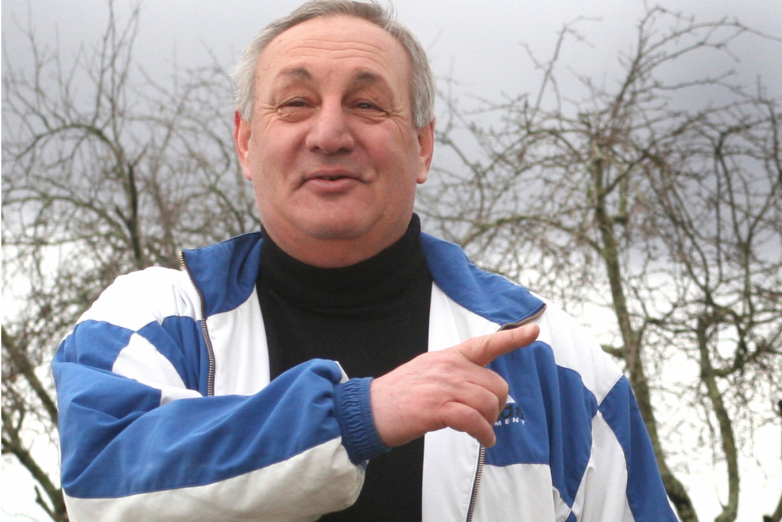
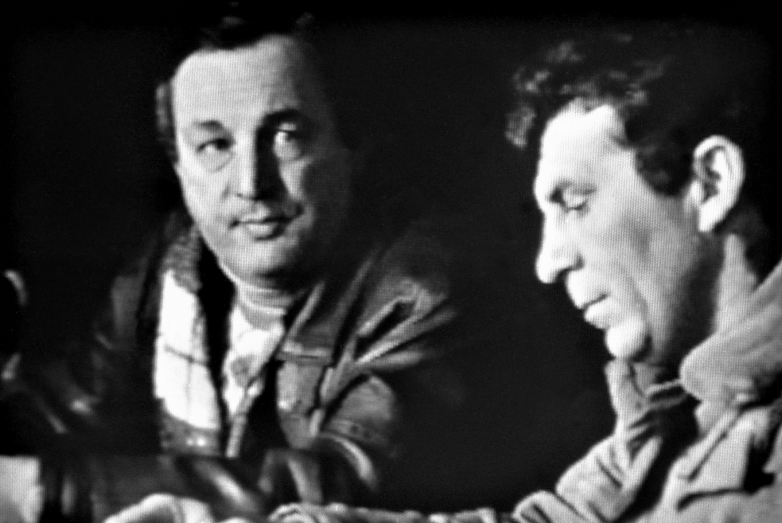
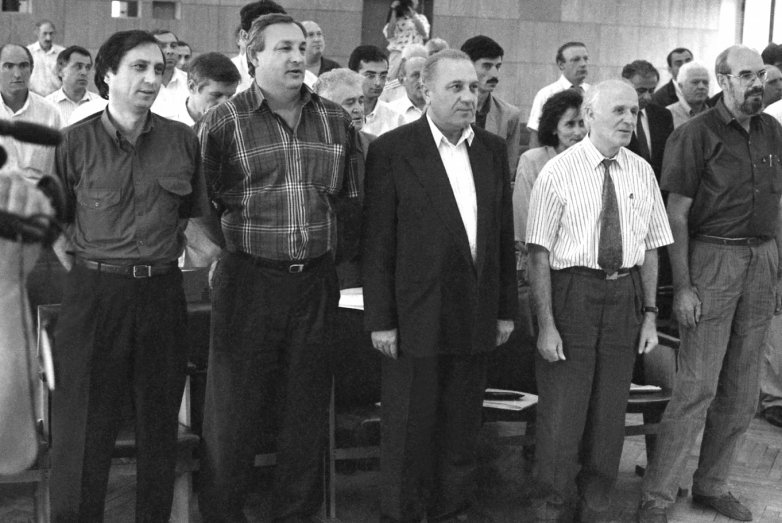
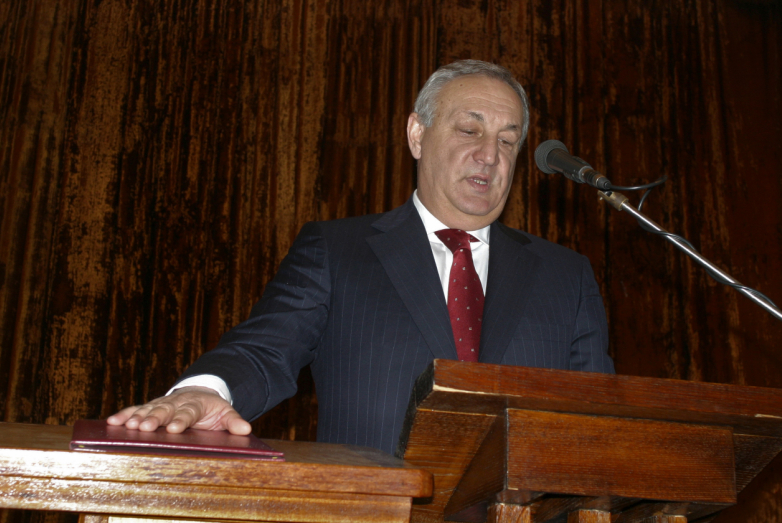
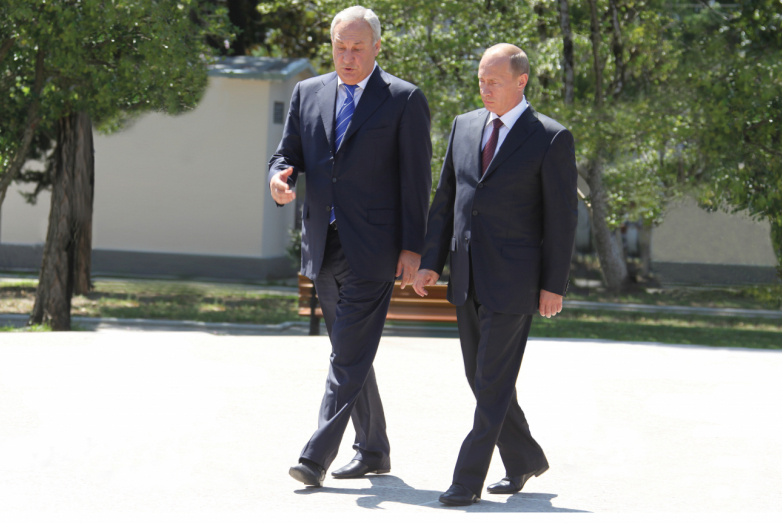
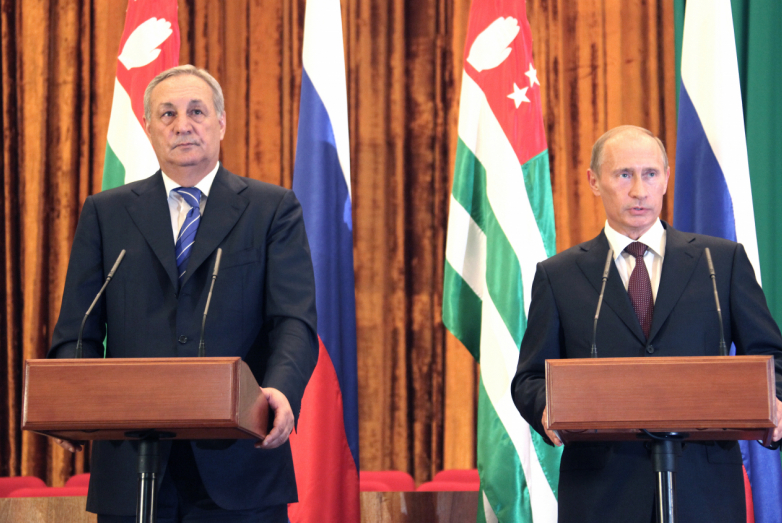
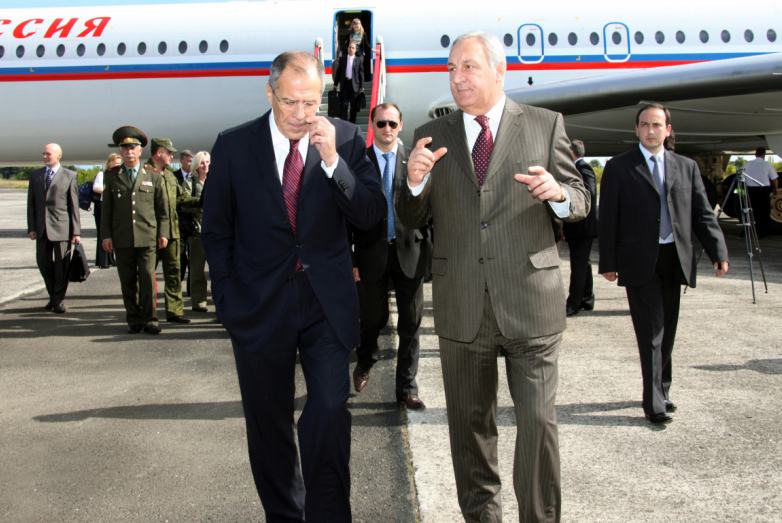
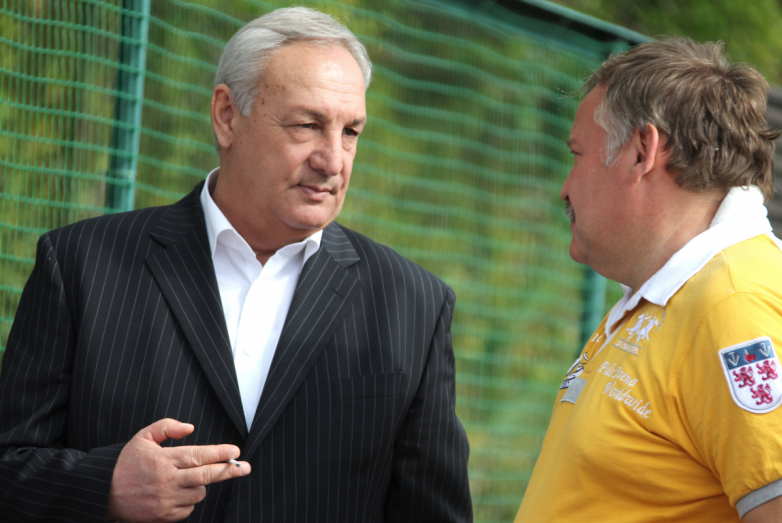
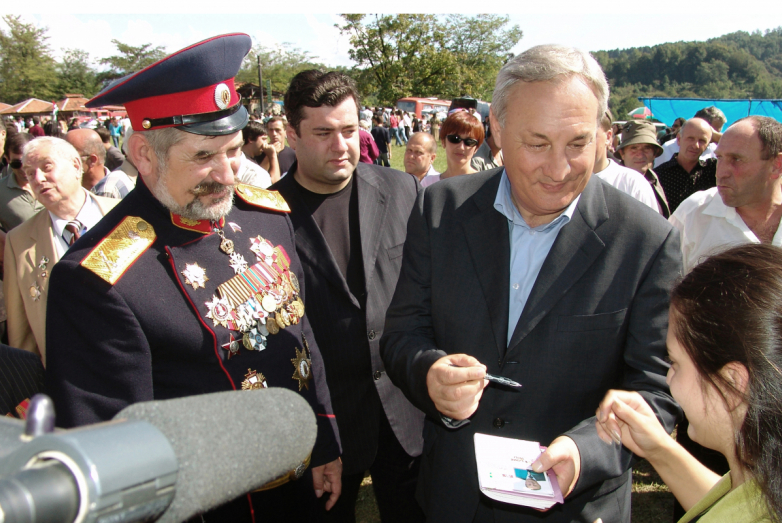
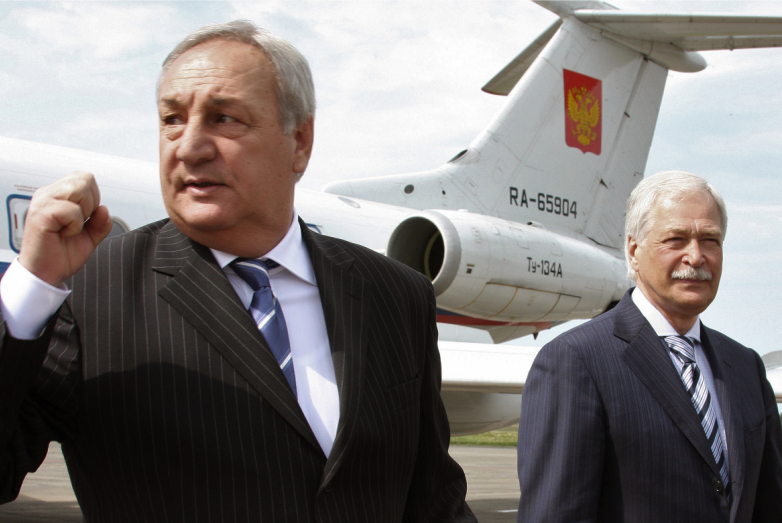
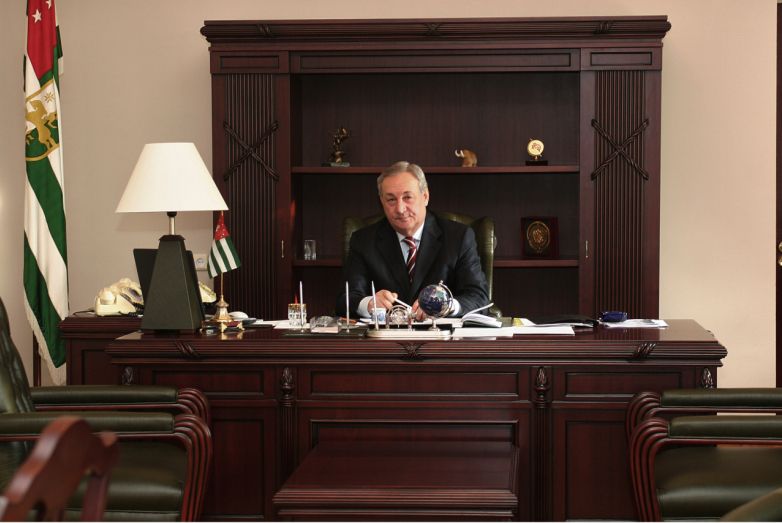
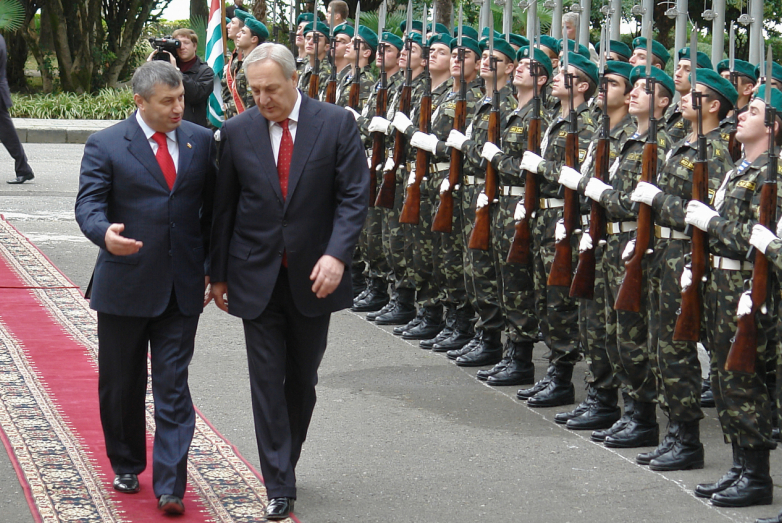
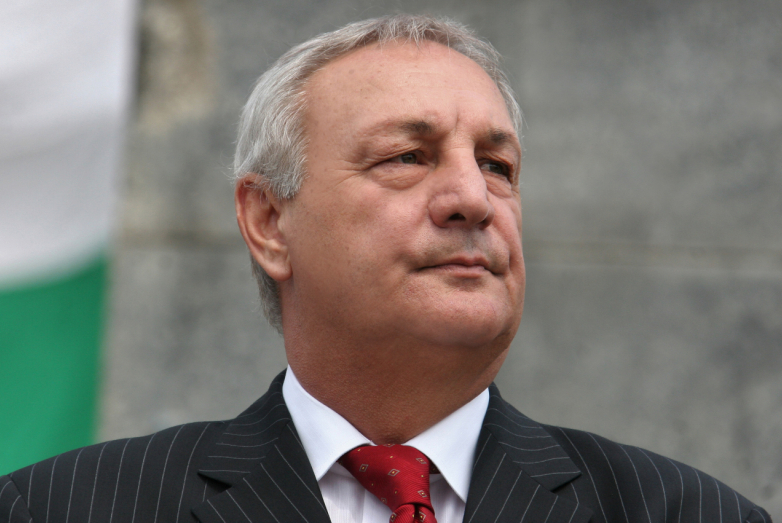
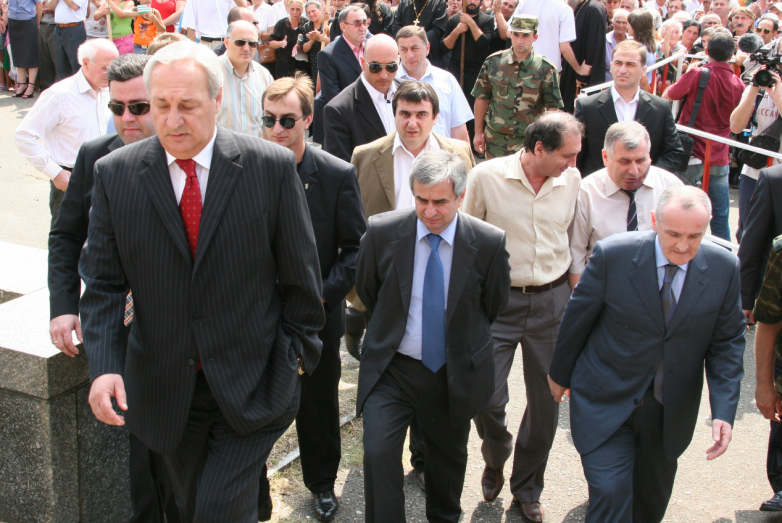
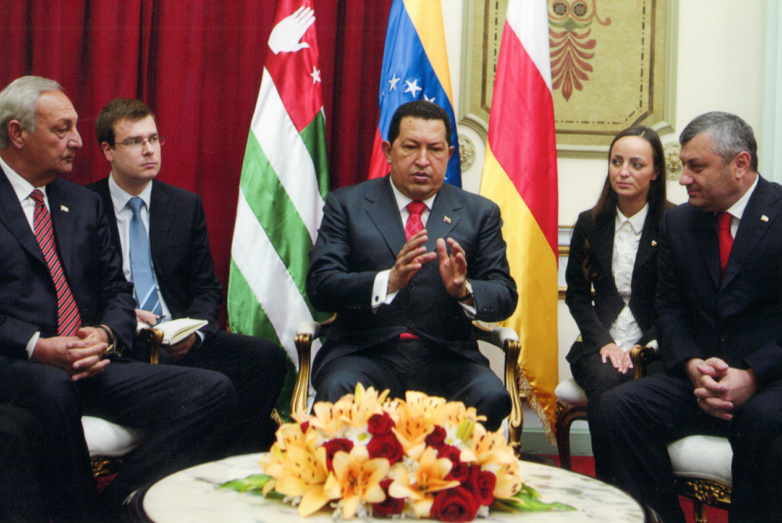
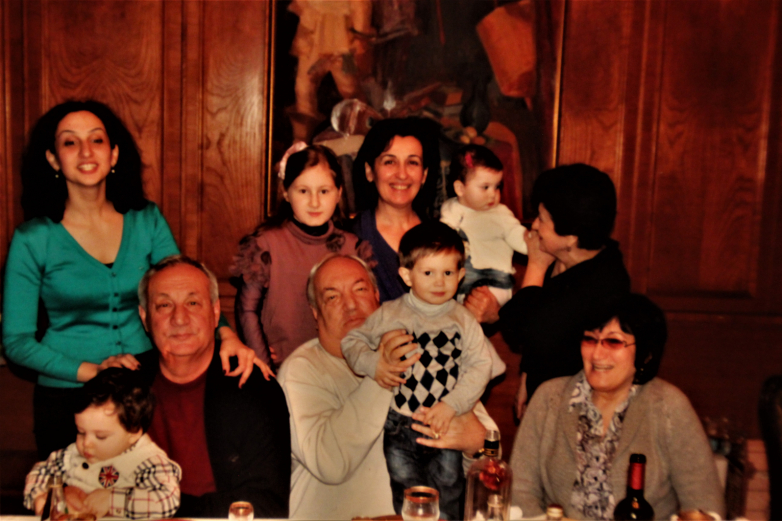
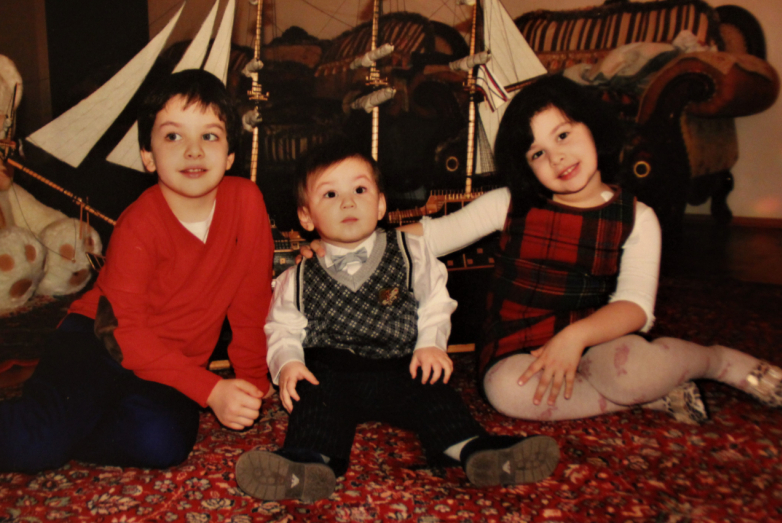
to login or register.